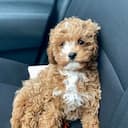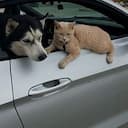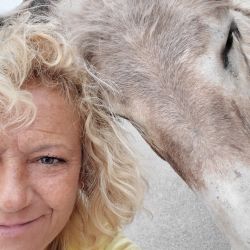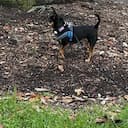Origins and Temperament
The Bulldog, with its distinctive stout frame and pushed-in nose, has roots tracing back to 16th century England, used originally for the now-outlawed sport of bull-baiting. Today, these loving and gentle canines are far removed from their combative past, known for their enduring patience and affectionate nature towards their families. This breed's calm temperament often translates into a serene travel demeanor; however, their brachycephalic (short nose) facial structure can make them more prone to breathing difficulties, particularly under stress or extreme conditions, and requires special attention when traveling.
Size and Physical Needs
Bulldogs are medium-sized dogs, usually weighing between 40 to 50 pounds. Despite their robust appearance, they tend to be less active and require moderate exercise to avoid obesity. When it comes to transportation, their compact build necessitates a spacious and well-ventilated environment to prevent overheating and ensure sufficient air circulation. Special accommodations, such as a climate-controlled setting and comfortable bedding, will make their journey safer and more comfortable.
Common Health Considerations
Bulldogs can suffer from issues like hip dysplasia, skin infections, and heart disorders. Ensuring that pet owners have up-to-date health documentation is crucial for safe travel. Alongside these papers, it is advisable to follow a pre-travel health regimen—vet check-up, confirmation of fitness for travel, and recognition of symptoms that might necessitate emergency measures—to prevent and address potential health complications during their trip.
















